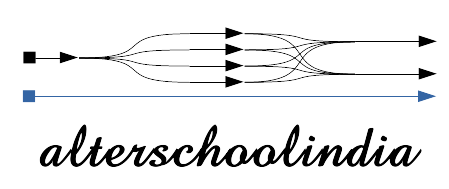The basic principle is that, an independent researcher [experimenter] should be able to replicate the experiment, under the same conditions, and achieve the same results. This gives a good guide to whether there were any inherent flaws within the experiment and ensures that the researcher [experimenter] paid due diligence to the process of experimental design.
- extracted from Reproducibility, Explorable as on 1st July 2018
A particular experimentally obtained value is said to be reproducible if there is a high degree of agreement between measurements or observations conducted on replicate specimens in different locations by different people — that is, if the experimental value is found to have a high precision. However, in science, a very well reproduced result is one that can be confirmed using as many different experimental setups as possible and as many lines of evidence as possible (consilience).
- extracted from Reproducibility, Wikipedia as on 1st July 2018


 Got any questions?
Got any questions?